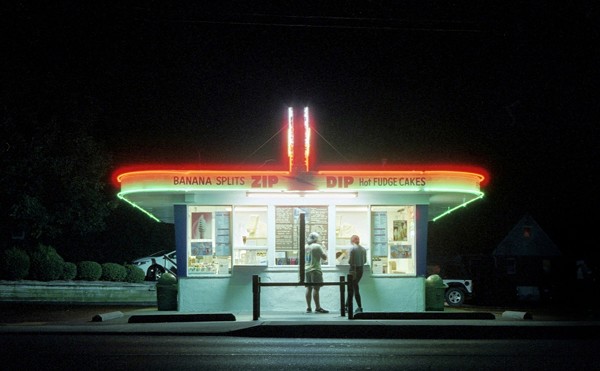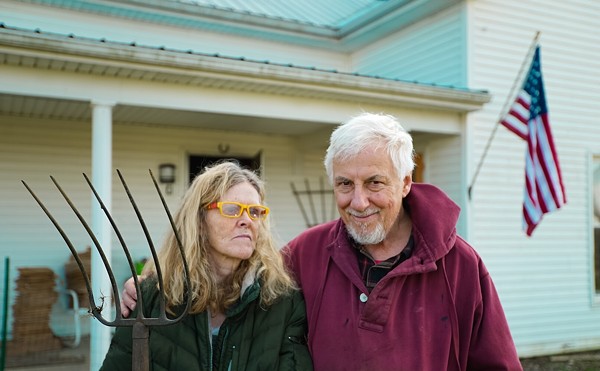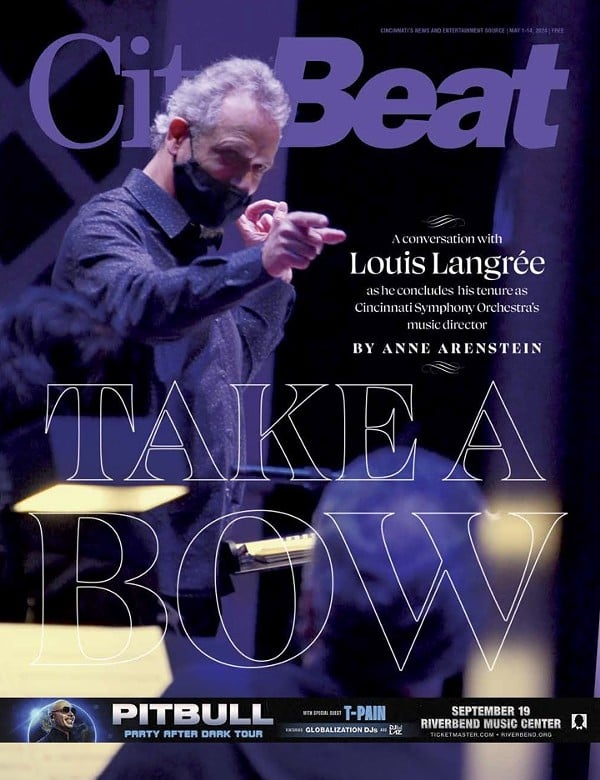|
Nigger. It's a word that's become more taboo than the rankest obscenity. It's one of the few words that still can draw audible gasps from a crowd. Oddly, it's the more libertarian circles who are likely to be offended. It's the word that few people feel comfortable discussing in a frank and adult manner.
The word is also given free reign in Rick Famuyiwa's debut feature, The Wood, a story of three best friends who experience the trials of life together from junior high school to adulthood. And sitting in a Los Angeles hotel with the cast, preparing to discuss the film's content, one white journalist blushingly refers to it as the "N-word" and slowly averts his eyes. There's been some underlying discontent concerning exactly who has the right to use the word, why it's acceptable for some circles to use it and not others, and whether a group of people are systematically bringing about their own downfall by indulging in it too excessively.
"The word didn't bother me," says Taye Diggs, who broke into Hollywood with How Stella Got Her Groove Back and plays Roland in the film. "To be honest, more black people use the word than don't.
I respect where the opposition is coming from. But words are just words. The powers they possess are what we give them. 'Nigger' is just a word. It's what's behind it that upsets people. Black people calling each other 'nigger' is not the same as the slavemasters using it back in the day. When black people use it on each other, it often means 'brother.' Black people have done such a great job of what's given them in a negative manner and turning it into something positive. How the way a black man dresses in prison comes out to the street and becomes the next trend, and you have little white kids walking around with their pants rolled up."
Famuyiwa, who wrote the script as well as directed, responds to the controversy with an old argument, one that frustrates would-be censors who sometimes dismiss it as a flimsy excuse: the quest for authenticity.
"If you didn't make Fast Times at Ridgmont High as raunchy as it was, kids wouldn't identify with it," he says. "They say, 'That ain't the high school I went to.' The language reflects how kids and adults talk. I won't censor what I write because people might be offended. It is a reality and, however much we think the word is ugly, it's still part of the everyday existence of a lot of people. We've said all kinds of things behind closed doors where, if we were exposed, we'd all be embarrassed. I was trying to look through a window at these guys' lives. Three guys sitting around a table talking about girls aren't going to hold back. Just like I wouldn't if I were sitting with my friends. I feel if that's the characters and that's the situation, that makes it more real. I know they're not going to say, 'Those dang African-Americans.' "
Famuyiwa found a warm reception at Sundance, which helped smooth his way to a deal with Paramount. He believes he was lucky in that all the factors were in place at the right time. Other African-American dramas such as Waiting to Exhale and Soul Food had already been released, and MTV Productions wanted to be involved with a film that reflected their largely hip-hop demographics. But that isn't to say that the process was without obstacles.
"The talent pool for black name actors is pretty small," he says. "So you almost have to use unknowns and, for studios, that's a tricky thing. And two years ago, when we were casting The Wood, Taye hadn't done Stella and Omar hadn't done ER and people were suggesting guys like Ice Cube. I knew I wanted actors, not rappers or basketball stars. It's funny. If I were casting Good Will Hunting, nobody would suggest Larry Bird and Mick Jagger as the psychologist. There's an interesting political way you have to go about things. My casting director sent a letter to Cuba Gooding Jr. saying, 'If you don't want it, the offer is off the table.' Of course, Cuba said 'No.' So she goes to the studio and pretends that she really tried to sell it to Cuba, and he just wasn't interested."
Famuyiwa, along with members of his cast, feels a disservice is being perpetrated when a positive film about black men caring for one another is considered an aberration. The public perception can't entirely be faulted. Certainly Hollywood has contributed to this attitude. Films like Boyz N the Hood and Menace II Society, while seeking to explain the circumstances driving young black men to kill each other, nevertheless leaves a lasting image in the collective mindset of black men as drug-addled malfunctionals. Even a few more allegedly positive films, Waiting to Exhale, which may be a fine empowerment film for black women, has been justifiably criticized for portraying black men as drunken monstrosities who can't keep their thing in their pants. Soul Food is guilty of the same to a lesser extent.
Epps theorizes that studios don't believe male-bonding flicks make money. A credible argument when you realize that most male-oriented films have a macho guy whose relationship with his handgun is more intimate than with any living person.
"It could be Inglewood, Hollywood or Brentwood," says Epps. "These are fundamental experiences no matter where you are. I've had two best friends for 14 years. What I love about this film is that it's about love amongst men, love amongst the brotherhood, which you don't see too often. It's a story without a hook. Life is really that bland sometimes. And we all have to go through it sooner or later."
Famuyiwa reasonably believes that The Wood is not necessarily a breakthrough film but may be considered so by some simply because of race.
"It's a shame that a film about the black middle class is considered a fringe movie," he says. "And the only thing that makes it so is the black characters. Obviously the subject matter is something everyone is familiar with and has been covered many times in film."
Taye Diggs wonders why distinctions have to be drawn, why it's necessary to designate a project as a "black film."
"When Rick was making this movie," he says, "he wasn't trying to make a statement. But the fact that the movie is positive and the actors are black automatically makes a statement. I hate that it has to be like that. That people can't watch it and just comment on the fact that it was just a movie. Something that's black and positive is considered a departure. And that's cool. But it would be nice if people could just see it for what it is. I think it's for everyone. It shows that black men can be affectionate."
Richard T. Jones, who plays Slim, one of The Wood's main characters, was refreshed by a story that took place in an urban neighborhood that didn't involve violence.
"This was my life," he says. "I went through the same experiences. It's important to see other aspects of the inner city. Gangbanging is only about 10-15 percent. The other 85 percent of kids are just going to school and trying to go to college and maybe play a little sports. Gangbanging is a small part, and I think we overabuse it."
Both Epps and Famuyiwa recognize changes in the social mood. Epps thinks pragmatics are a bigger reason for opening doors than any real progress. He believes that Hollywood operates by the dollar and if there's profits to be had from black filmmakers then so be it. But the second black filmmakers fall off the money machine, they'll be dropped without hesitation. So there may be some tough times ahead for directors like Famuyiwa. But he feels his experiences are insignificant compared to what Spike Lee and Robert Townsend had to endure.
"I'm with the first generation of filmmakers that don't have to kick down doors to get films made," he says. "I don't have to deal with what Spike had to deal with. That's why you're seeing a difference in the subject matter, I think. I think my film should be marketed to everybody. And if The Wood is not successful, I hope it doesn't mean people will give up on filmmakers who want to tell different stories. That's the pressure I feel from it. I hope the film does do well so it makes life easier on me and other filmmakers who want to cross over. I chose this profession because I wanted to impact a large number of people. So I would encourage new filmmakers to write. It's unlikely that Jerry Maguire or something with quality writing will just fall into your lap. If you've written what you're directing, then at least you have some control over what you want to do." ©





